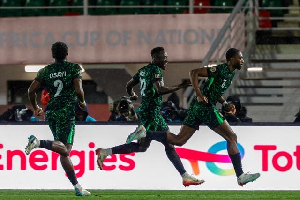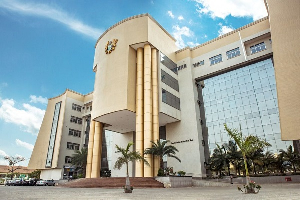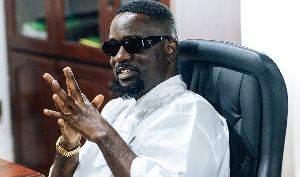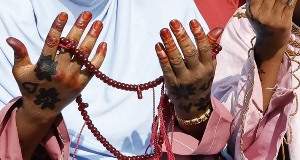Following the prompt and laudable interdiction, or rather suspension, of the two University of Ghana professors caught on videotape soliciting sex in exchange for good grades from some female students at the country’s foremost tertiary academy, a news article generated by the News Desk of my favorite media website, Modernghana.com, had the rather sensational caption of “Sex for Grades: UG Disowns Gyampo, Others” 10/8/19).
This caption is rather much too sensational and highly exaggerated because the Business and Executive Committee of Ghana’s oldest university was merely following established protocol, as we learn. What this simply means is that the authorities of the University of Ghana, popularly known as Legon, are aptly and clearly indicating that any key player or employee of this sub-regionally revered tertiary academy and the largest of its kind in the ECOWAS region would not sit put or idly by while the primary purpose of this globally recognized establishment was criminally compromised.
So far, contrary to his infantile initial reaction of grandstanding, desperate and thoughtless decision to sue the British Broadcasting Corporation (BBC) that conducted this historic but not necessarily novel sting operation, the plaintiff appears to be refreshingly coming to his senses as the dust begins to settle on this matter. Indeed, as pointed out in a previous column, the subject of sexual harassment is neither peculiar nor exclusive to the faculty of the JB Danquah-championed and British-established academy.
It is a global phenomenon that has been dealt with at practically every major and reputable tertiary academy on virtually every continent around the globe. What makes this particular case a landmark or watershed event, however, is the fact that the Gyampo-Butakor Affair has been placed on the metaphorical front-burner of our national discourse on the well-being and the future prospects of public education in the country.
It is also significant to note that this seismic exposé comes on the heels of the nationwide controversy surrounding the apparently scuttled decision on an otherwise salutary proposal on the implementation of the so-called Comprehensive Sexuality Education (CSE).
The objection, of course, centered on the obvious push-button adjective of “Comprehensive,” which, for the average adult-Ghanaian citizen, implied that all forms of human sexuality would be taught to our youths, or children and grandchildren, in the country’s basic schools, largely our primary and middle schools. The controversy provoked by the subject of LGBTQI culture is absolutely not unique to Ghana, not by any reasonable measure of judgment; it is also pretty much alive right here in the United States of America, albeit on a relatively much smaller scale, although listening to many of the most ardent critics of this curricular package, one is given the erroneous impression that the temporarily abandoned CSE program is a peculiar product of the morally blighted Western imagination, largely perversely concocted by former imperialist key players like France, Britain, Germany, Spain, Portugal and the United States, among a platoon of others.
I also characterize the CSE program as one that has been only “temporarily abandoned,” because it is quite inescapably obvious that it is a pedagogical subject that is highly unlikely not to be seriously revisited and healthily implemented in the near future. We cannot simply afford the humongous cost of cultural and psychological as well as, you bet, moral illiteracy, even as the legendary Professor Albert Einstein once labeled it.
Our only hope and legitimate concern here is that in the final analysis, Professors Gyampo and Butakor do not facilely become scapegoats of an issue and a major institutional problem that ought to have been taken by the horns and effectively tackled in the past, that is, going back at least some three or four decades ago.
We also need to seriously underscore the fact that sexual harassment exists in virtually every public and private establishment in the country, wherever human relations are involved and favors and privileges are apt to be routinely traded or dispensed.
It is also our fervent hope that the BBC would fairly extend this inescapably laudable sting operation elsewhere in the Commonwealth countries and well beyond such geopolitical confines. By the latter reference we are, of course, hinting at the fact that this charitable undertaking by the BBC would also definitively resonate at home, as it were.
*Visit my blog at: kwameokoampaahoofe.wordpress.com Ghanaffairs
English Department, SUNY-Nassau
Garden City, New York
E-mail: okoampaahoofe@optimum.net
Opinions of Monday, 11 November 2019
Columnist: Kwame Okoampa-Ahoofe, Jr., PhD















